Romanian Prime Minister Marcel Ciolacu announced his resignation on May 5 and suggested that his party left the ruling coalition after the results of the first round of the presidential election were announced.
The first round of the presidential election in Romania was held on May 4.
Far-right Euroskeptic candidate George Simion, head of the Alliance for the Union of Romanians (AUR), received nearly 41% of the votes. Bucharest Mayor Nicusor Dan placed second with 20.99% of the vote, and the candidate from the ruling coalition, Crin Antonescu, obtained 20.13%.
Simion is banned from entering Ukraine for his "anti-Ukrainian" stance. He is also banned from entering neighboring Moldova.
"The ruling coalition was formed in December with two goals: to have a stable government, a majority in parliament, and a common candidate for the presidency of Romania. We have failed in one of these tasks. We saw the Romanian vote yesterday. This means that the ruling coalition has no legitimacy," Ciolacu said.
Following Ciolacu's resignation, his government ministers will continue to serve for 45 days, and the acting president will appoint an interim prime minister from among the ministers.
In the second round of the election on May 18, Simion will face Dan, an independent centrist.
The vote follows the annulment of the previous round held in November 2024, when Romania's Constitutional Court canceled the outcome due to evidence of social media manipulation and foreign interference.
That round had been won by populist Calin Georgescu, who openly promoted conspiracy theories and voiced strong support for Russia, calling Ukraine a "fictional state" and predicting its partition as "inevitable."
Simion, who was banned from entering Ukraine in November 2024 over systematic anti-Ukrainian activities, is opposed to sending weapons to Ukraine, including Romanian Patriot air defense systems.
Both Antonescu and Dan support continued membership in the EU and NATO, as well as aid to Ukraine.
Despite Georgescu's controversies plaguing the election's first round held in 2024, Simion has sought to capitalize on Georgescu's popularity. Simion has said he will find Georgescu a position within his government, possibly as prime minister.
Romania, a NATO member bordering Ukraine, has signed a bilateral security agreement with Kyiv, backed sanctions against Russia, sent a Patriot missile system to Ukraine, and facilitated the export of Ukrainian grain amid Russian threats in the Black Sea.
Despite Russian-backed Georgescu barred from presidential race, Romania’s far-right still aim to win
Protests erupted in downtown Bucharest following the Central Electoral Bureau’s decision to ban Russian-backed far-right politician Calin Georgescu from running in the upcoming re-run presidential elections. Georgescu, who is openly supported by the Russian and the U.S. administrations, said this was a “direct hit against democracy.” Following the announcement

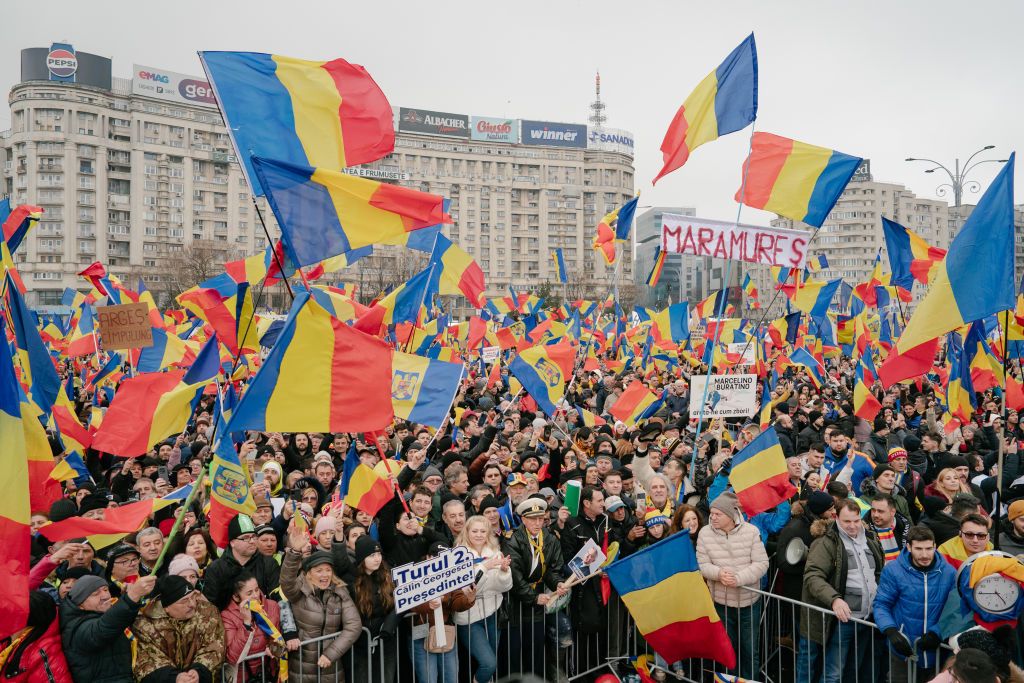
.png)
 German (DE)
German (DE)  English (US)
English (US)  Spanish (ES)
Spanish (ES)  French (FR)
French (FR)  Hindi (IN)
Hindi (IN)  Italian (IT)
Italian (IT)  Russian (RU)
Russian (RU)  4 hours ago
2
4 hours ago
2
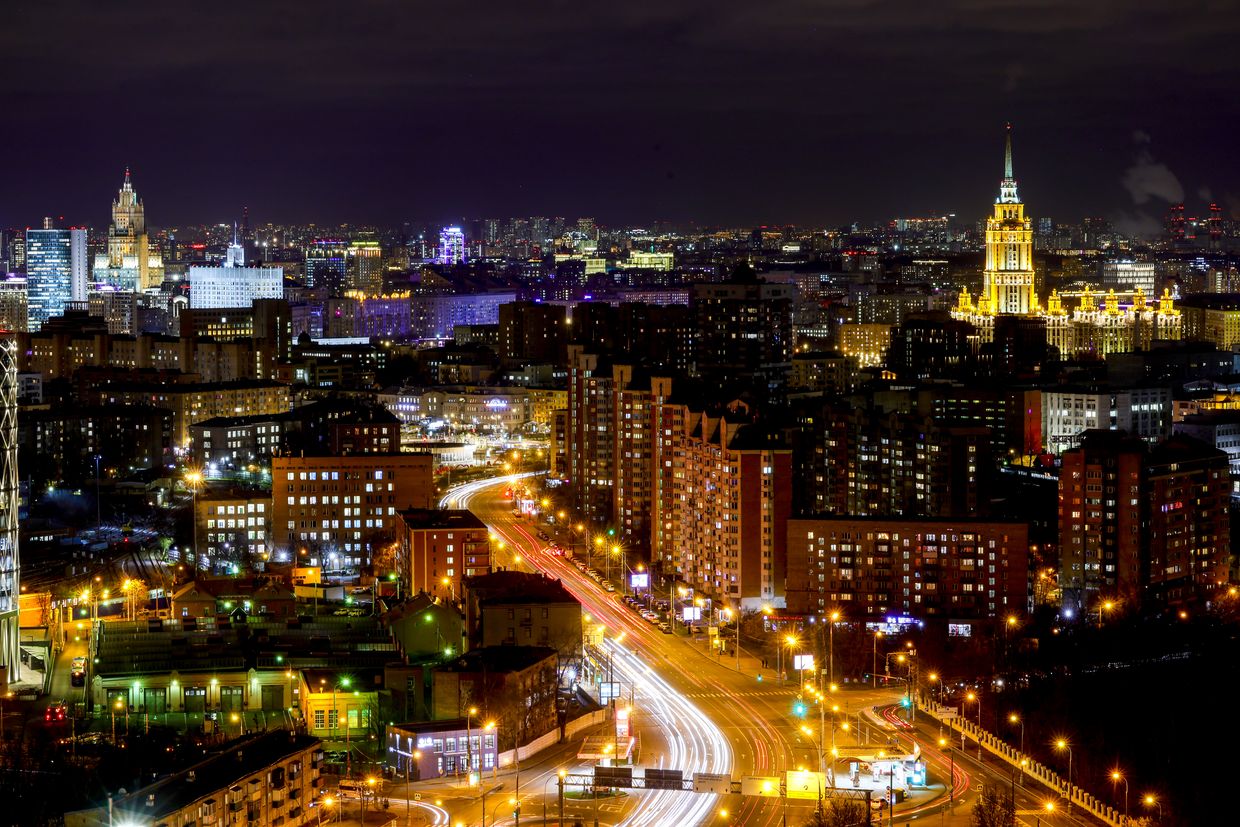
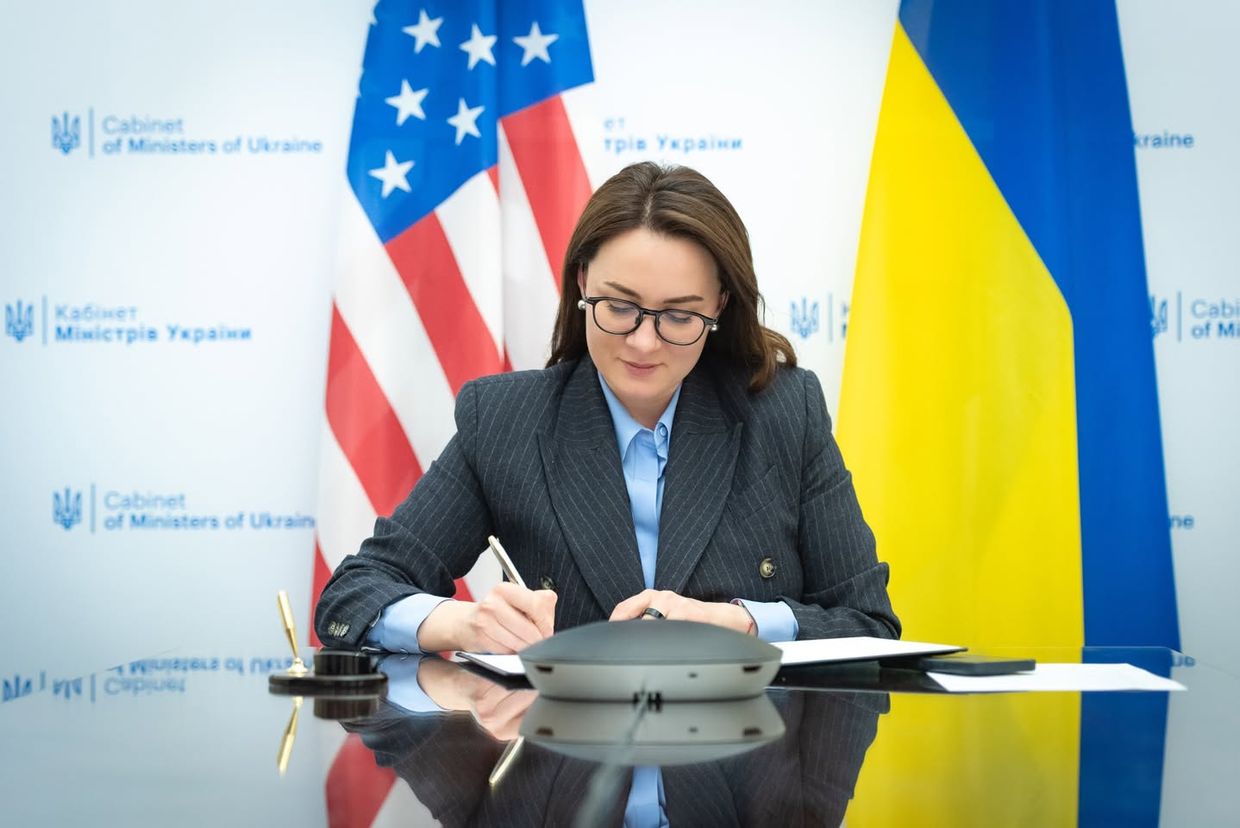
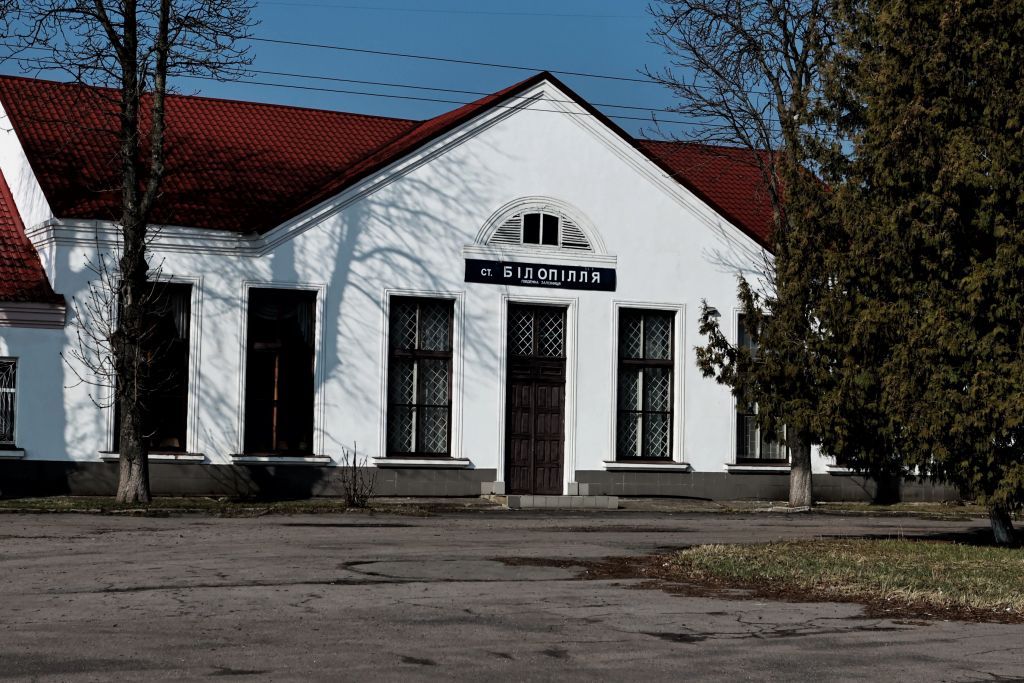
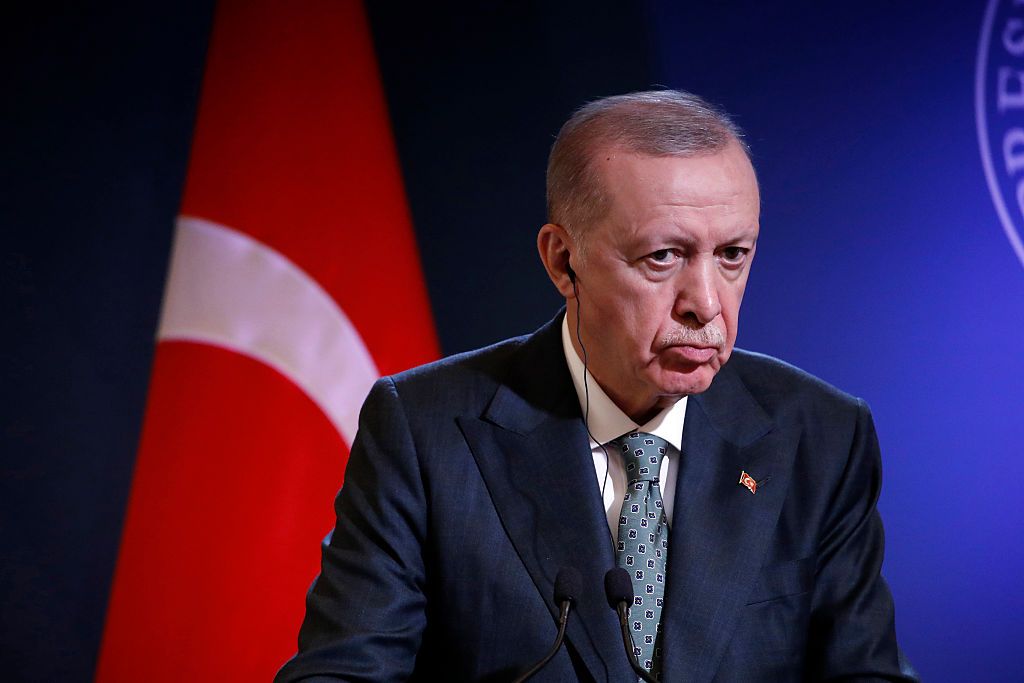

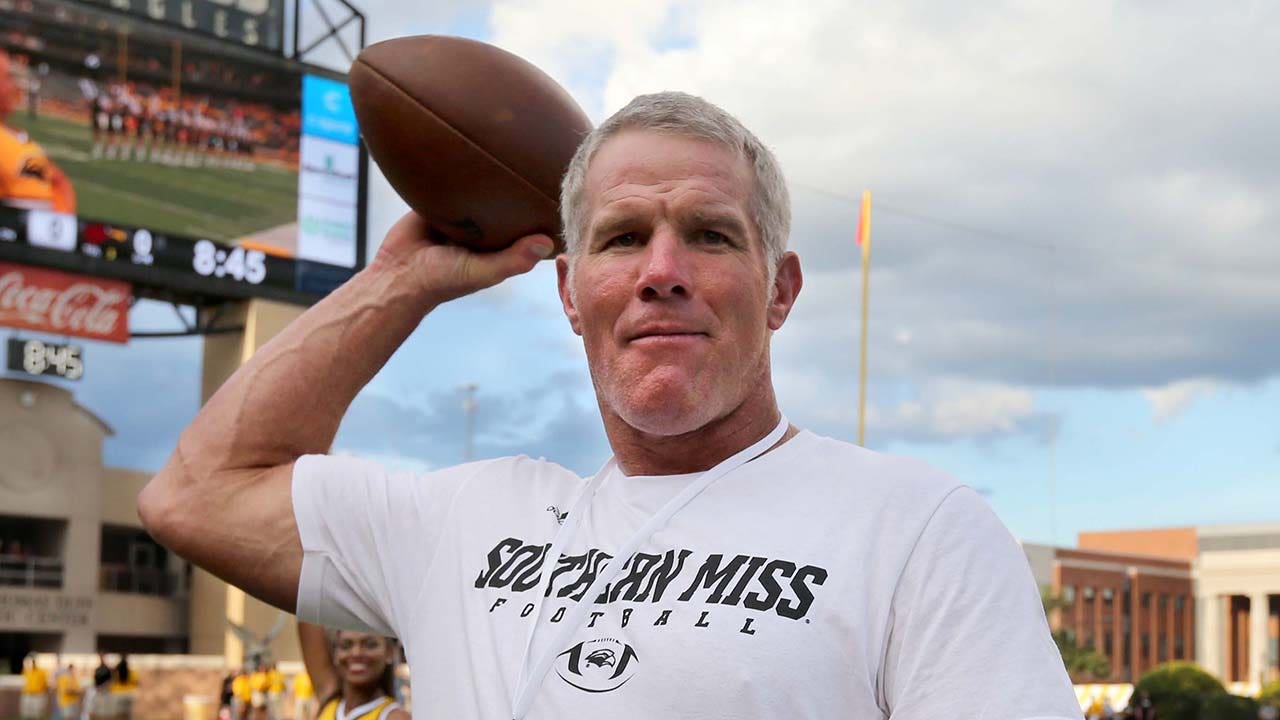



Comments